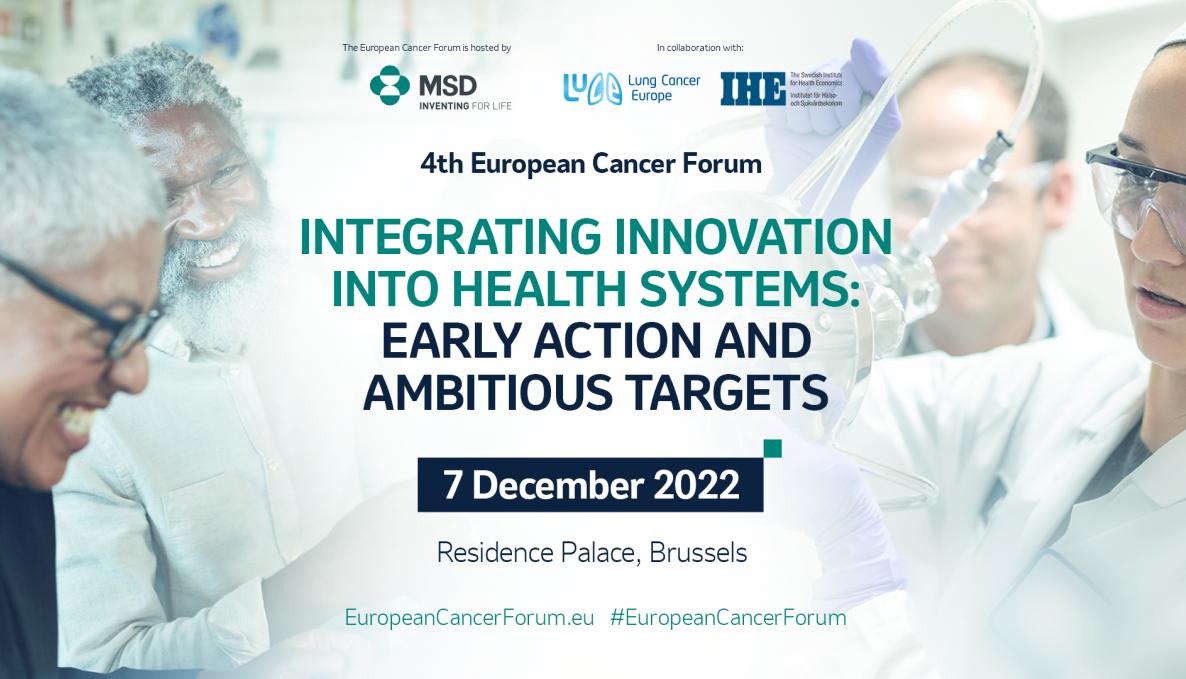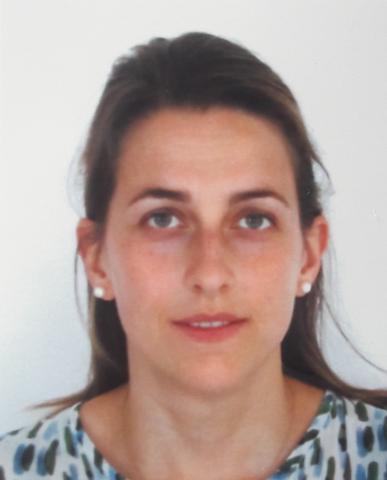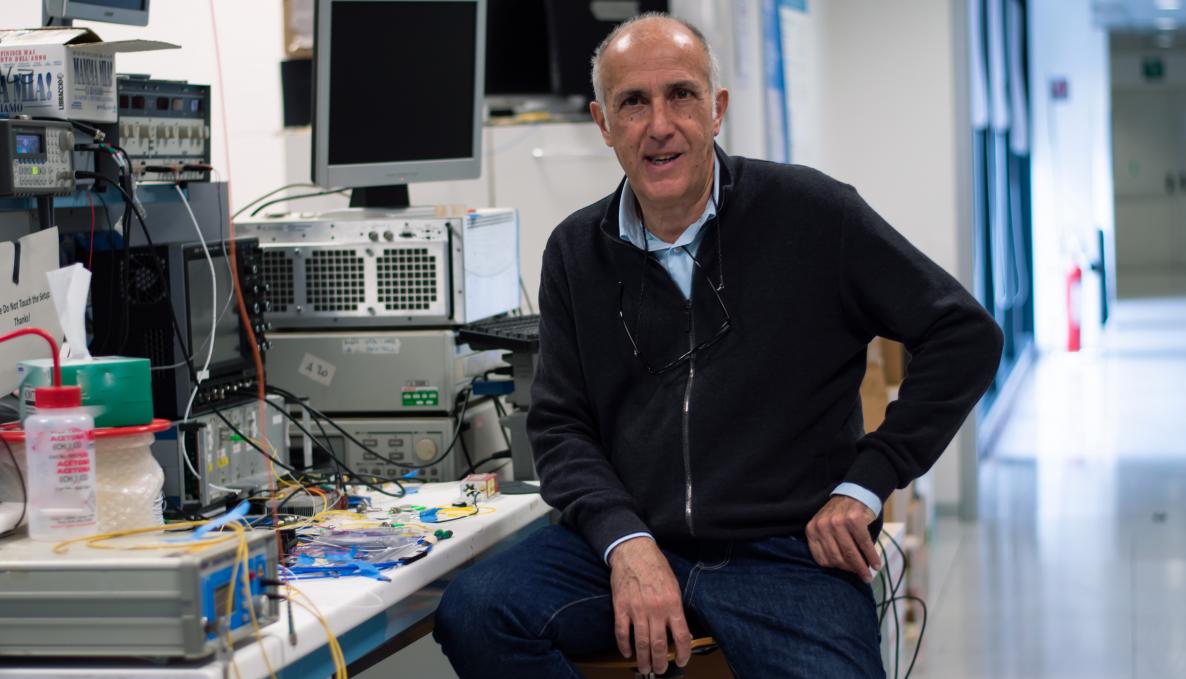Evaluation of the cancer path: Francesca Ferre' presents activities from Scuola Sant'Anna's MeS (Management and and Healthcare) Laboratory of the Institute of Management at the fourth European Cancer Forum, in Brussels
The conference, hosted by MSD, in collaboration with Lung Cancer Europe (LuCE) and the Swedish Institute of Health Economics (IHE), aims to draw attention to the treatment of cancer patients in Europe

The Management and Healthcare Laboratory (MeS) is representing the Sant'Anna School at the 4th edition of the important annual European Cancer Forum, in Brussels, Wednesday, December 7, 2022. The Institute of Management's delegate is Francesca Ferre', a researcher, who was called to make a contribution by presenting a study analyzing hospital performance in the care paths of cancer patients, challenges and opportunities.
The fourth European Cancer Forum is hosted by MSD, in collaboration with Lung Cancer Europe (LuCE) and the Swedish Institute of Health Economics (IHE). The initiative brings together, each year, hundreds of European policymakers and stakeholders to address issues important to cancer care. The highlight of this year's edition of the Forum is the launch of a call to action and related policy recommendations on how to improve early detection, treatment rates, and survival of cancer patients across the European Union.
Francesca Ferre''s talk provides an overview of the current Italian interregional performance evaluation system for oncology care, discussing the potential of continuous and systematic benchmarking of public healthcare organizations for improvement and suggesting insights on the need to continue to invest in more person-centered measures to support clinical management. Performance indicators range from participation in cancer screening programs to appropriateness of care at the end of life, and also include measures of patient well-being and satisfaction. Variability in performance is still high when comparing results among different Italian health care systems, although the trend in many indicators is improving, especially with regard to the resumption of screening after the slowdown during the pandemic period and the early access to cancer treatments.
The management of cancer patients is characterized by an extreme heterogeneity of needs (from highly specialized ones, such as access to Molecular Tumor Boards, to low-complexity services for maintaining quality of life) and numerous and recurrent interactions with the Health System. It is essential, therefore, to continue to invest in evaluation systems that monitor the activity of multidisciplinary and multispecialty teams, as well as the new networked organizational models that are being defined in our setting to enable a continuum of care, in order to ensure greater equity, quality in care, and sustainability.




